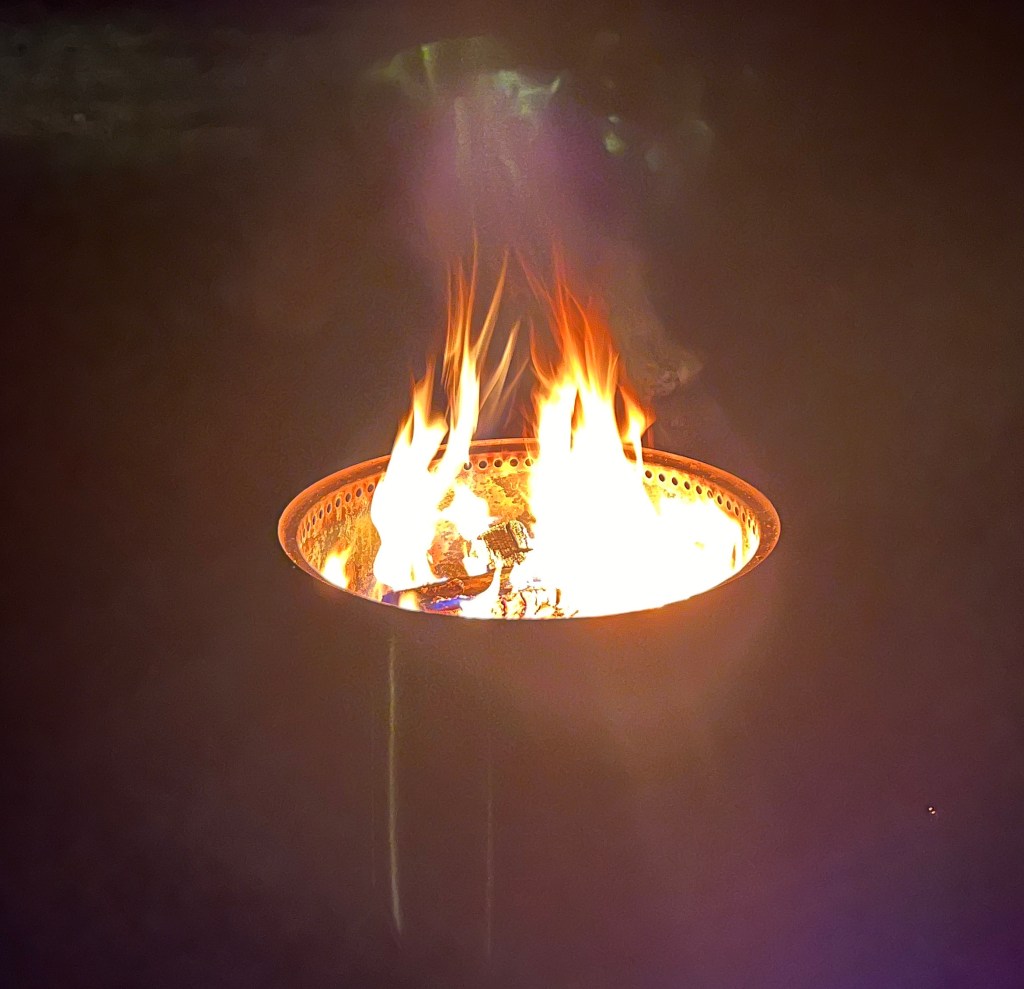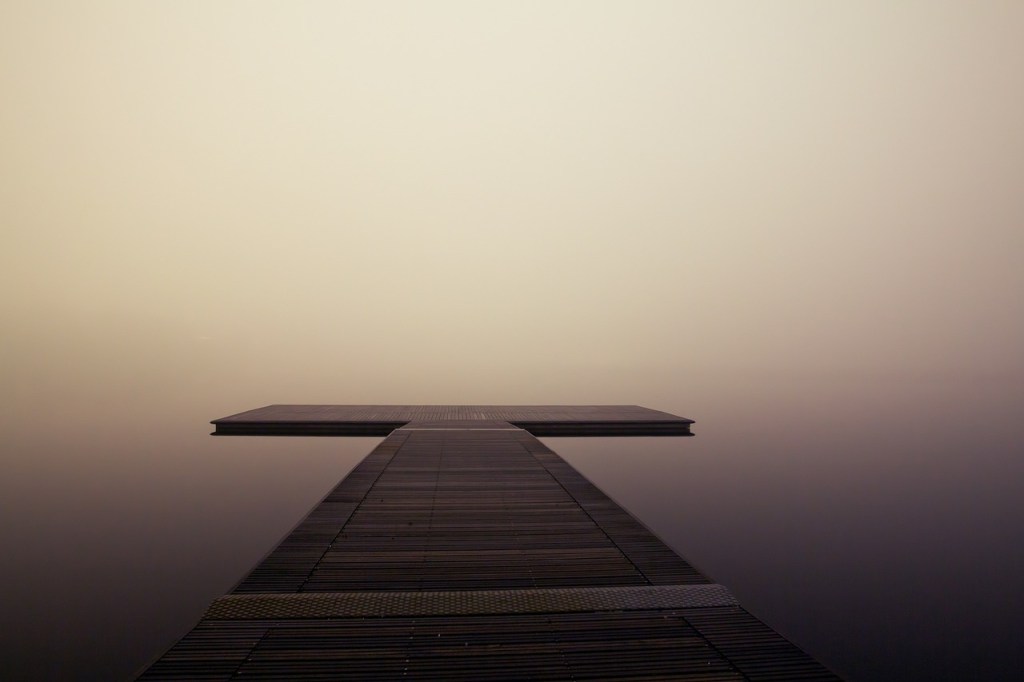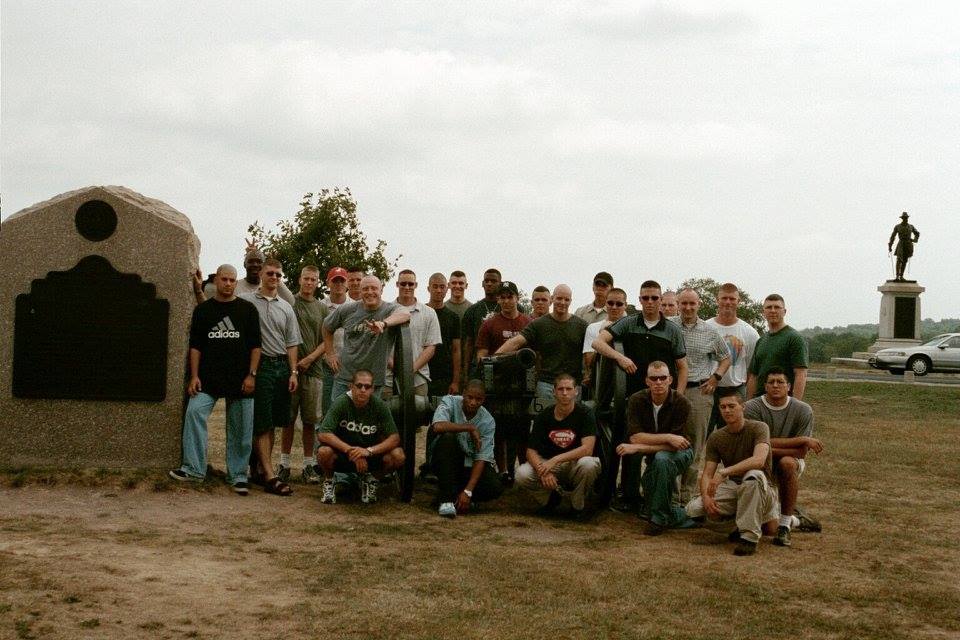
Every once in a while I become enamored with a story. This inevitably leads to short bursts of undisciplined binge watching said story either late at night or super early in the morning. These are my margin hours in life right now where I freely choose how to spend my time. Usually I work out or read in these hours, but sometimes I am drawn into the less admirable, but common, habit of curling up on my couch with headphones in while I click through episode after episode.
When I think about what makes a show “binge worthy” two things come to mind: 1. A well formed plot and 2. Well developed characters. I think the best stories portray people in very nuanced ways, drawing out the intricacies of their smaller stories and weaving them into a larger narrative where some great tension is ultimately resolved.
Why do we love watching stories play out in the pretend world of our screens? I think it’s in part because we too are characters in our own stories. We love the nuanced personalities in the world of entertainment because in them we see versions of characters we experience in our own lives. But unlike the sanitized and safe space of Netflix, our lives are complicated places, with stories we struggle to decipher and characters who defy clean categories.
As I think about my own life as a story I’m drawn to two thoughts. First I am most at peace with the smaller day to day narrative I am living when I am cognizant of a larger story that surrounds it. This is the power of the meta-narrative. We all seek it. This is what drives the power of politics and activism. People long for the mundane events of their common existence to be framed in a larger context that gives meaning to everyday life. As a Christian I believe that the ultimate meta-narrative is the story of the Kingdom of God. This is the story that envelops all the other stories. It is the story of a good and faithful King who sets out on the greatest rescue mission ever undertaken in human history. When I keep this big story in view, the events of my life are both more and less significant all at once. The every day, walking around events of my life carry less burden because the ultimate things are already decided. The world isn’t dependent on what I do or fail to do. My identity and worth is determined by the King before I do a thing. At the same time my smaller story carries great meaning because it is one thread woven into the great tapestry of the big story. The events of my life make up part of a grand narrative where the King eventually makes sense of everything that has happened or will happen to me or through me.
The second thought I have when I think about my life as a story has to do with how I see myself in the script. I think I very often either see myself as the hero or the villain in my narrative. On my best days, when I’m winning at life I’m the conquering hero at the center of all the activity. I see other people in terms of how they relate to me or contribute to what I’m focused on. This is seriously unhealthy because I’m not good enough or strong enough to be at the center of anyone’s story, including my own. It’s a weight I’m not made to carry. My success doesn’t determine the course of my life and certainly not the fate of the world.
On my worst days I see myself as a villain. On these days I see my frailties, weaknesses, and imperfections as the reasons why things aren’t going well. This is also an unhealthy perspective because it makes too much of my role, overestimating my capacity for undoing the plot and underestimating the power of the true hero and ultimate end of the narrative. When I’m the villain in my story I’m unable to be kind to myself. I’m also unable to be kind to others. This is no way to live.
I think a more nuanced and accurate portrayal of myself as a character is what I will call “beloved bald guy number 1”. You know how you see the credits roll at the end of a movie and after all the big actors are named you finally get to the end where the struggling actors who appeared momentarily in some scene are briefly recognized not by a name but merely a description? What if the meta-narrative that covers all of our smaller stories is way bigger than we thought? What if the hero of the story is far more courageous and good than we ever imagined possible? What if the villain is significantly more evil than we ever knew? If these things are true: a bigger story, a better hero, a worse villain, then maybe it is right and good to be beloved bald guy number one. This rightly positions us as a character who shows up in the credits but whose contribution must be understood in light of something much more significant. This seems like a freeing way to think of ourselves.







